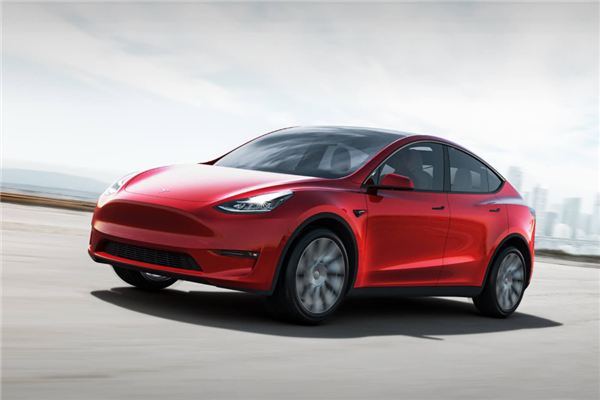Automobile sales up 23% in Taizhou in Dec
chinadaily.com.cn | Updated: 2021-01-13
Print Print
The Tesla Model Y. [Photo/tesla.cn]
A total of 159,575 cars were registered in Taizhou in 2020, representing a year-in-year decrease of 4.6 percent, official data shows.
In December alone, the figure stood at 19,260, up 23 percent year-on-year.
Four places administered by the city reported anti-recession growth in auto sales in the past year. Among them, Xianju's automobile delivery volume surged 84.3 percent, the fastest in the city, followed by Luqiao district (6.3 percent), Tiantai county (2.8 percent), and Linhai (1 percent).
Mr Huang, manager of Taizhou Longxiang Lexus Automobile Sales and Service Co Ltd, said that their sales started to pick up in the second half of last year after a contraction in H1 caused by the COVID-19 epidemic, and finally reported a positive year-on-year growth by the end of the year.
Differing from previous years, new energy vehicles gained in popularity among local consumers, with the introduction of a number of new energy car brands like Xiaopeng Motors and Tesla
Tesla has seen month-on-month growth in sales since it set up its business presence in Taizhou in September.
A spokesman for Tesla's Zhejiang branch said that the company has been expanding its charging network in Taizhou and that currently it has built two supercharging stations, as well as five destination charging stations in the city.
Bolstered by the robust sales of new energy cars, several local automobile dealers, including BYD, Xiaopeng, and Lexus, have improved their sales targets for this year.
Incentives offered by the local government to stimulate consumption have also driven car sales growth to some extent.
In Dec 16, Taizhou launched a campaign to boost car sales in which individual consumers are entitled to a one-time subsidy to purchase family passenger cars, including new energy vehicles.
Official data from the Taizhou municipal bureau of commerce shows that a total of 36.13 million yuan ($5.56 million) in subsidies had been given out as of Jan 11, leading to a delivery of 11,294 cars worth more than 1.7 billion yuan.

